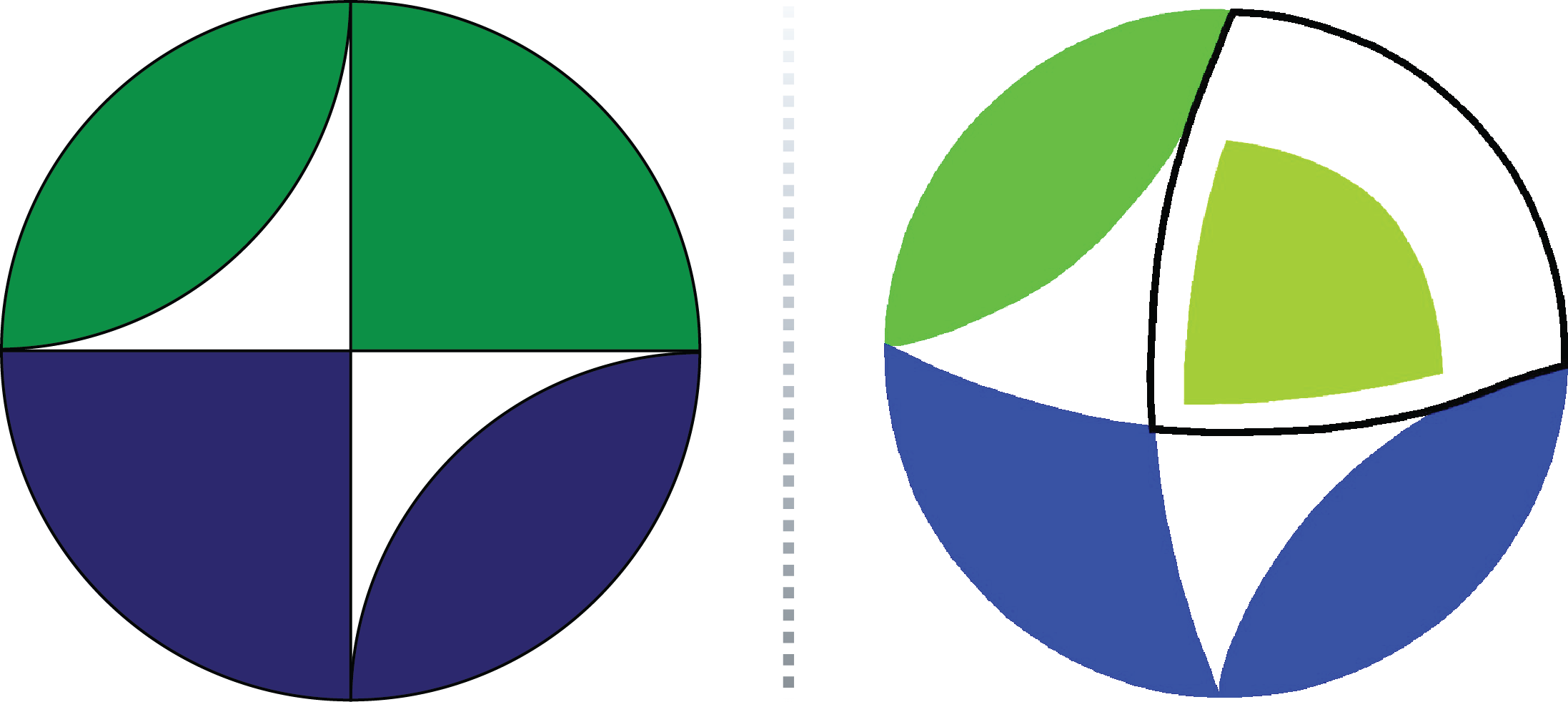Claude Froidevaux (1930 - 2015)
 Former President of IASPEI and IUGG Fellow Claude Froidevaux died on 11 August 2015 in Paris, France. Claude Froidevaux was a pioneer in studies of the interplay between physics and tectonics as well as a very dedicated leader in many international associations. Born in Switzerland in 1930, Claude Froidevaux had rather eclectic interests and skills: after a bachelor in modern history from the University of Lausanne, Switzerland, he switched to physics and obtained a D. Phil. in low temperature physics from the University of Oxford, UK, in 1962. In 1964, after a postdoc in the University of California at Berkeley, USA, he joined the University of Orsay, France, where he initiated a very successful research group developing experimentation based on nuclear magnetic resonance.
Former President of IASPEI and IUGG Fellow Claude Froidevaux died on 11 August 2015 in Paris, France. Claude Froidevaux was a pioneer in studies of the interplay between physics and tectonics as well as a very dedicated leader in many international associations. Born in Switzerland in 1930, Claude Froidevaux had rather eclectic interests and skills: after a bachelor in modern history from the University of Lausanne, Switzerland, he switched to physics and obtained a D. Phil. in low temperature physics from the University of Oxford, UK, in 1962. In 1964, after a postdoc in the University of California at Berkeley, USA, he joined the University of Orsay, France, where he initiated a very successful research group developing experimentation based on nuclear magnetic resonance.
In 1964, after a postdoc in the University of California at Berkeley, USA, he joined the University of Orsay, France, where he initiated a very successful research group developing experimentation based on nuclear magnetic resonance. At the request of Jacques Friedel and Claude Allègre, he got interested in geosciences in the early seventies. He rapidly developed a novel approach in understanding of deformation processes, in collaboration with Gerald Schubert and other scientists from the University of California at Los Angeles where he spent a sabbatical. At a time when plate tectonics was still a new concept, Claude was among the first to introduce physics to explain the Earth's deformations occurring on both microscopic and macroscopic scales. Linking thermodynamics, rheology, solid-state physics and dynamics he developed mechanical models of the lithosphere and the upper mantle, which had a profound influence on the early developments of modern geodynamics. Claude Froidevaux was very good at attracting and motivating young scientists, who benefited from his clear physical vision of Earth sciences. On his return to Orsay he, with George Jobert at Paris VI and Kurt Lambeck at Paris VII, was instrumental in developing the joint DEA (or Masters) program that was influential in training the next generation of researchers. At Orsay he created very fruitful working conditions for his team, and the 'Froidevaux group' in Orsay was a kind of scientific family. In 1986, Xavier Le Pichon asked Claude Froidevaux and his team to join the Ecole Normale Supérieure (ENS) in Paris, where he became Dean of Earth Sciences (1991-1996).
Claude Froidevaux was a very prominent personality of international geosciences. He was among the scientists who promoted the European Union of Geosciences (EUG), a predecessor of the European Geosciences Union (EGU), as Editor of the Terra Cognita journal. Between 1983 and 2003, he was member of the Executive Committee of the International Association of Seismology and Physics of the Earth's Interior (IASPEI). From 1991 to 1995, Claude Froidevaux was Vice-President and between 1995 and 1999 President of IASPEI. During his presidency he played an important role in the establishment of the Asian Seismological Commission (ASC), which was a historic event in the development of seismology of the Asian-Pacific region. In 1995, he became a Member of the IUGG Executive Committee. Many of us keep marvelous memories from the summer schools he organized in Cargese and Porto-Heli and from the IUGG Conference on Mathematical Geophysics in southern France. Claude had a genuine interest both in people and in science even in domains rather far away from his own field. This prompted him to help many, especially earlier career scientists. Claude will be remembered as an optimistic, enthusiastic, and generous personality.
Luce Fleitout (ENS, Paris) and Henri-Claude Nataf (ISTerre, Genoble)
